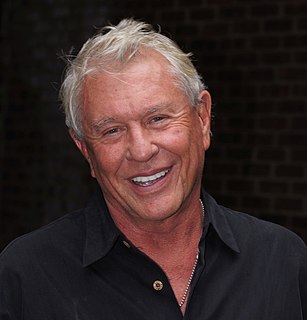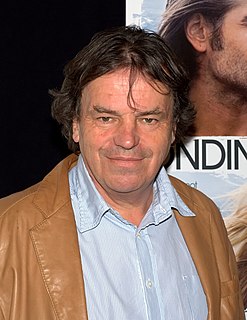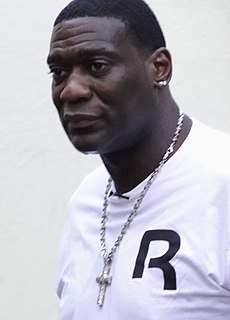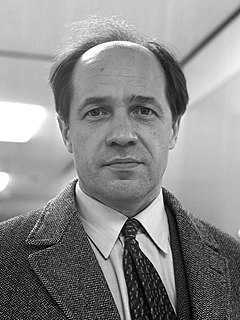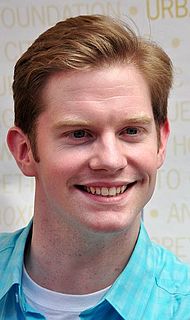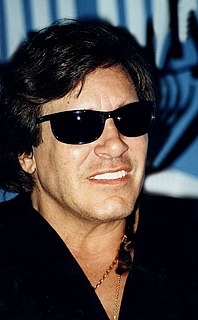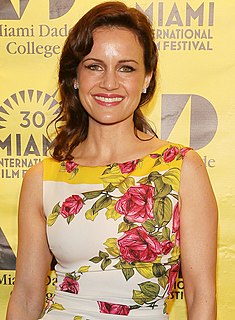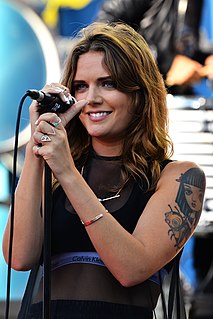A Quote by Ruben Blades
And, he'd seen me in Panama, and he talked about maybe doing something in New York so I hooked it up when I came here and I recorded in 1969 my first album with Pete Rodriguez.
Related Quotes
I'm really proud of the album. It's something I always wanted to do but I had to wait until I was ready. Shakespeare is a culmination of eight years of stand up experience and joke writing. I recorded two shows at the Upright Citizens Brigade Theatre in New York. The crowds were great and that's what really makes an album.
I just got back from New York, and I realized in New York, it's very difficult to hear a New York accent. It's almost impossible, actually - everybody seems to speak like they're from the Valley or something. When I grew up, you could tell what street in Dublin someone's from by the way they talked.
There are roughly three New Yorks. There is, first, the New York of the man or woman who was born here, who takes the city for granted and accepts its size and its turbulence as natural and inevitable. Second, there is the New York of the commuter — the city that is devoured by locusts each day and spat out each night. Third, there is the New York of the person who was born somewhere else and came to New York in quest of something.
It's about being open to what comes your way. I came to New York and saw 'Spelling Bee.' I said to myself, 'That's the greatest show ever, and I can't believe I'm not a part of it.' I felt the only way I'm going to get to be a part of something that good is to live in New York. So I moved to New York and ended up in 'Spelling Bee.'
What crystallized the importance of speaking out like that - of making nonviolence not just a tool or a tactic, but a way of life - was in San Diego [at Comic-Con]. One of the young girls who marched with us was wearing a hijab, and she came up to me afterward because I talked about my beard, and I talked about why I was doing it, and she came up and she gave me a hug, and she was crying. And she said, "Thank you. You have no idea how the other students treat me because they're shown that this is OK by Donald Trump. Thank you for speaking out."
I have three boys. And I wanted to make sure it connected with them and then those guys who grew up like me, in environments like me.And then I knew something about science that your New York Times reader would be interested in. So I was thinking about it in multiple ways: I'll connect with the people who grew up like me first, and then the New York Times reader will be interested in the science because it's so good and they want to be "in the know."




